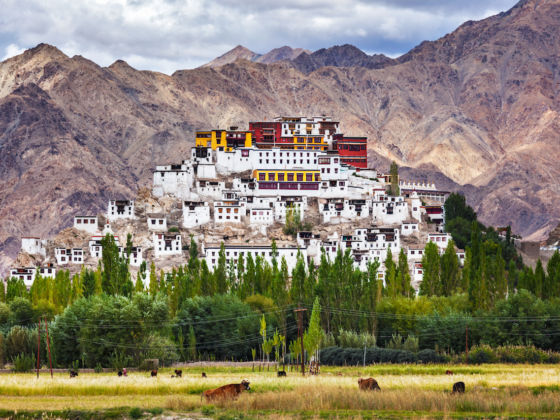Lhasang Tsering la is no Dalai Lama.
Born in Tibet and brought into exile at a young age, he forfeited an opportunity to study medicine in the US, joining the armed Tibetan resistance force instead.
For the past thirty years, he has been fighting for Tibetan freedom non-stop.
There are few who would dare disagree with the Dalai Lama, a man who has come to represent the very embodiment of peace.
